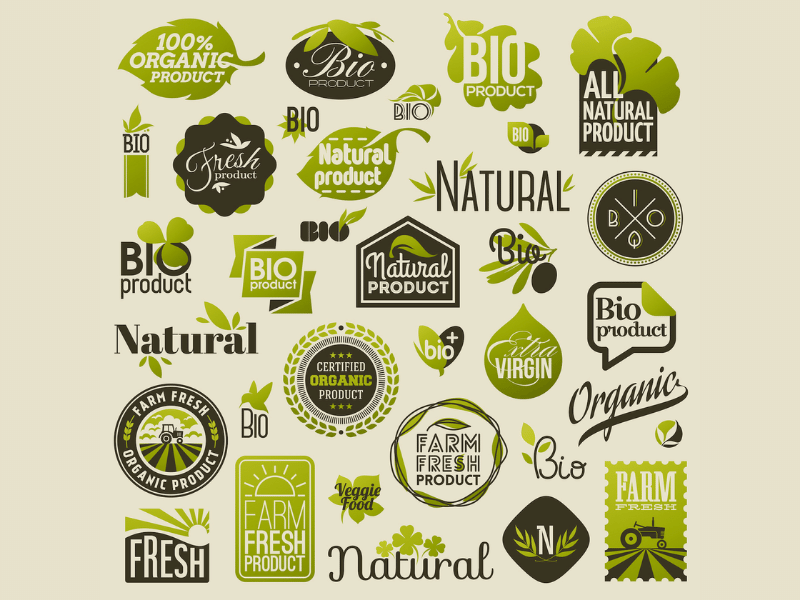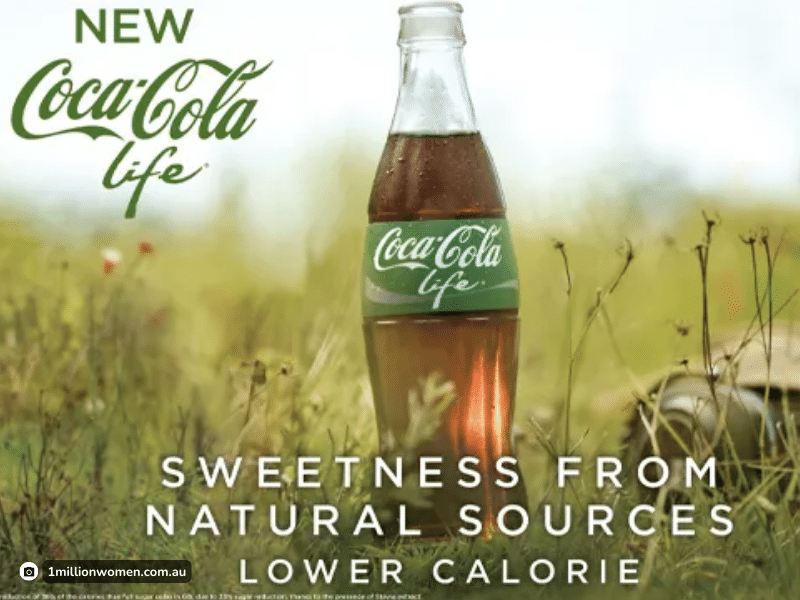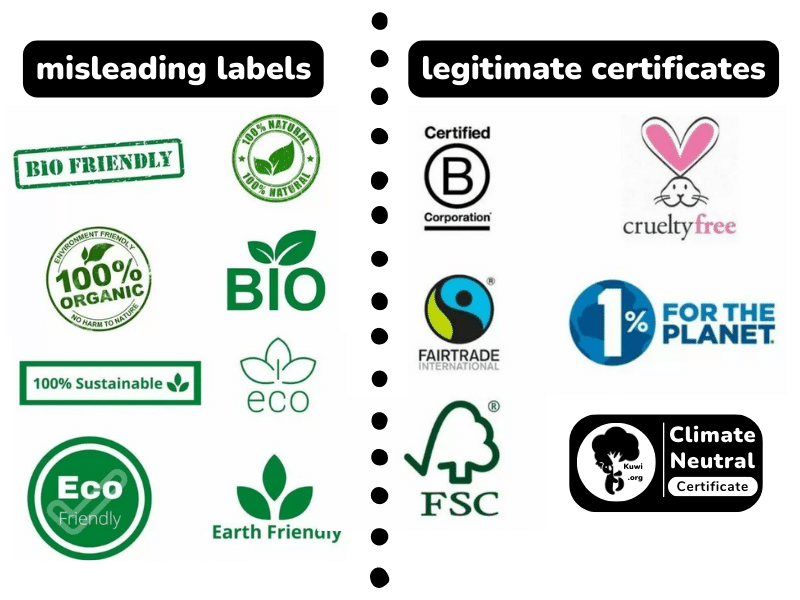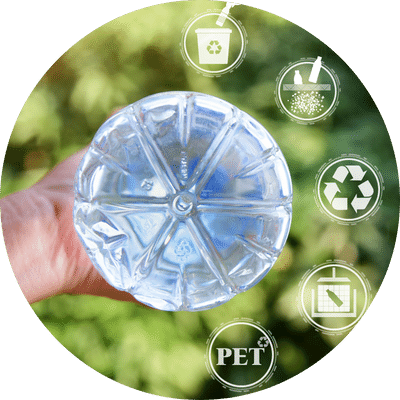Greenwashing Explained
Greenwashing is a marketing tactic employed by companies to make their products or services appear more environmentally friendly than they actually are. The objective of greenwashing is to appeal to consumers who are becoming increasingly aware of the environmental impact of their purchases. By presenting their products as environmentally friendly, companies hope to boost sales and enhance their public image. However, greenwashing can be deceptive and even harmful if consumers make choices based on misleading information that is not genuinely beneficial for the environment.
Companies can engage in greenwashing in many ways. The five most common strategies are:
Vague or Meaningless Claims
Companies may use terms such as ‘eco-friendly’ or ‘natural’ without providing any specific information on how their products are genuinely environmentally friendly. No evidence is provided to support these claims.

Exaggerated Claims
Companies can make grand claims about the environmental benefits of their products or services without providing evidence to substantiate these assertions. Coca-Cola Life was a product that targeted conscious and sustainable consumers. Unfortunately, there was no evidence available regarding the how, what, and where of the sustainability of the product. The product faced significant criticism for greenwashing and has since been withdrawn from the market.

Irrelevant Claims
Companies can make statements that are technically true but have no real impact on the environment. For instance, a company may claim that its product is free of a particular chemical substance that was never used in the product to begin with.

Lack of Context
Companies often make statements about their environmental impact without

Confusing Labels or Certifications
Some companies use labels that resemble certifications, giving the impression that their products are environmentally friendly. Instead of obtaining third-party certification, some companies create their own eco-friendly labels, often claiming “100% natural,” “environmentally friendly,” “organic,” etc.
Certainly, self-certification goes against the purpose of certification, and the proverb “a butcher who judges his own meat” is logically always used in a negative context. Third-party certification is essential for credibility.
Below is an illustration to clarify the difference between misleading and legitimate labels. Keep in mind that there are many more labels, especially numerous pseudo labels.


Confusing Labels or Certifications
Consumers must be vigilant against greenwashing and conduct research before making purchasing decisions. Look for transparent and specific information regarding the environmental impact of a product, and seek certifications from third-party entities. Fortunately, consumers are becoming increasingly informed, making the overt tactics of greenwashing much less effective.
However, this progress also comes with a caveat. Companies taking liberties with our climate will become more innovative in concealing their greenwashing. Therefore, following organizations like Kuwi.org on social media is essential to stay informed about new dubious marketing practices.























